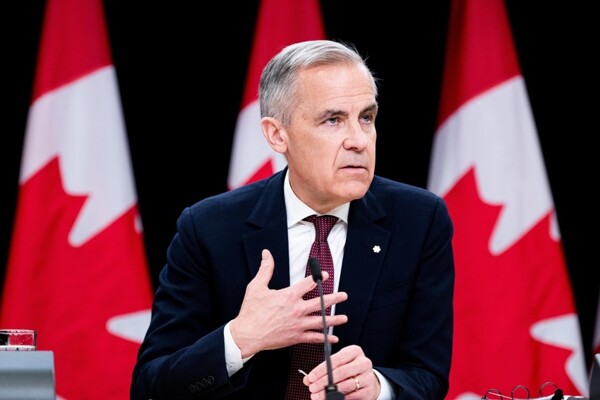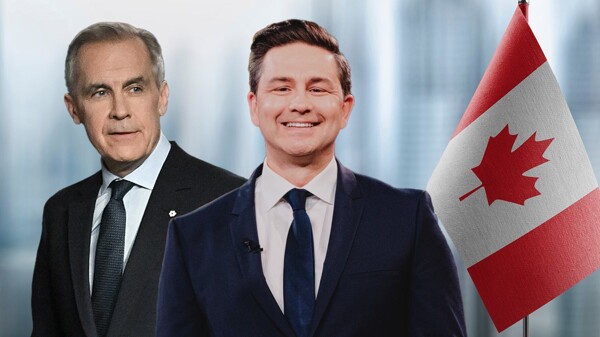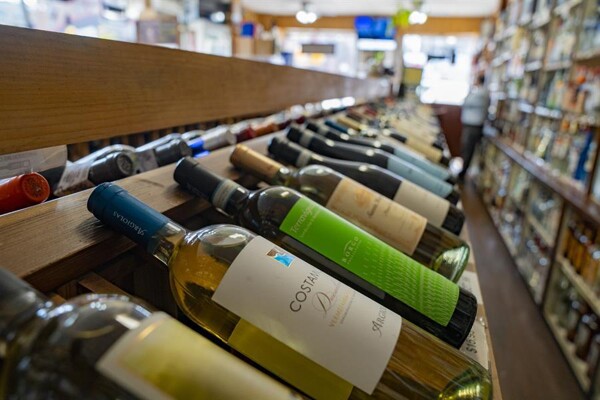The conservative politician Pierre Poilievre, who took office in late 2022, is known for his radical populism. Poilievre, who arrived in Canada as a Salvadoran refugee, has seen an increase in inquiries about asylum applications since Trump's electoral victory.
Justin Trudeau's government has almost completely closed the border due to Poilievre's pressure and polling. This measure has raised concerns among organizations working with refugees, as they fear current policies will lead to desperate and dangerous decisions by asylum seekers.
Trudeau has experienced a slump in the polls and has radically changed his immigration policies in response. Previously, Trudeau had expressed on social media Canada's welcome to those fleeing persecution, but the current situation has created fear among organizations that support refugees and migrants.
Loly Rico, founder of the FCJ Refugee Centre, expressed her concern over the change in Trudeau's policies and warned of a potentially even more alarming scenario in the future. With Poilievre leading in the polls and promoting a stricter immigration stance, the situation could considerably worsen.
Statements regarding national security and the potential use of Canada as a gateway to the United States have increased pressure to reinforce immigration policies. Poilievre, leader of the Conservative Party, has emphasized the need for stricter measures, which could lead to even greater closure of the borders.
The new immigration policies implemented by the Canadian government, including limiting immigration and closing the border, have raised concerns among organizations that support refugees. There is fear that there will be an increase in the number of people attempting to cross the border irregularly, especially during the Canadian winter.
Before Trump's victory in the U.S. presidential elections, Canada had already begun to restrict the entry of migrants. Recent measures indicate that a large number of temporary residents will have to leave the country in the coming years, further limiting migration.
The situation is complicated by difficulties at the Canada-U.S. border, where immigration policies could become stricter. Despite the changes, organizations working with refugees continue to express their concern for the future and for the decisions that political leaders may make concerning migration.














